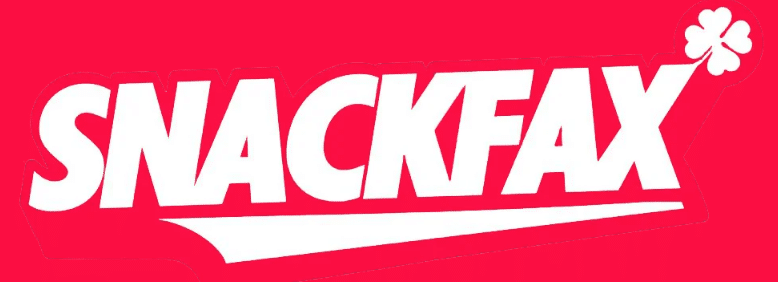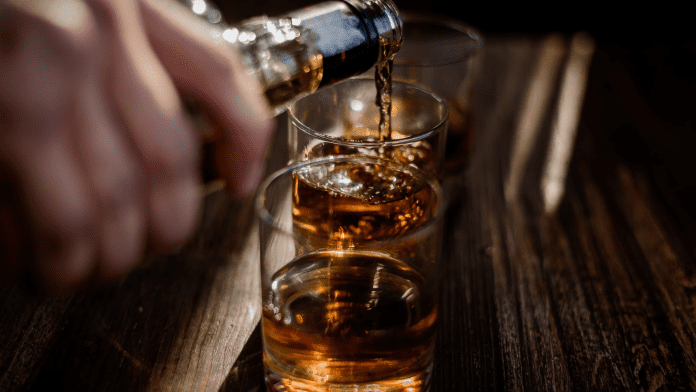Indian whisky enthusiasts are showing a growing preference for imported bottled-in-origin Scotch whiskies, such as Johnnie Walker and Glenlivet, over premium Indian-made brands. This shift in consumer behavior can be attributed to changes in excise policies, which have significantly reduced the price tags of imported brands by up to 30% in certain key markets.
According to industry insiders, this trend has resulted in a deceleration in the growth of premium Indian whisky brands like Paul John Bold and Amrut Fusion, as well as bottled-in-India (BII) brands such as Black & White and 100 Pipers.
Reduced excise duty on bottled in origin (BIO) imported alcobev products has created “an unequal and unfair playing field that’s impacting the Indian premium liquor segment adversely”, said Vijay Kauthekar, national head of sales at John Distilleries Ltd, maker of Paul John single malt whisky and Original Choice whisky.
“In addition, the ease of doing business for BIO brands is more favourable than for Indian made premium brands in terms of brand or label registration, excise duty, etc.,” he said.
According to the latest import data, the country witnessed a remarkable surge in BIO whisky shipments, with a notable year-on-year increase of 108% during the 2022-23 period. This growth in BIO whisky imports surpassed the rise observed in bulk whisky imports, which recorded a 42% upturn.
Quoting data from the renowned global alcohol market research firm IWSR, the Confederation of Indian Alcoholic Beverage Companies (CIABC) reported that the sales of BIO whisky experienced an impressive growth rate of 113% between 2020 and 2022. In comparison, during the same period, the sales of Indian premium whisky witnessed a rise of 54%.
This trend is mainly attributed to alterations in excise policies within markets like Maharashtra and Delhi, according to industry insiders.
In November 2021, Maharashtra reduced the excise duty on imported BIO Scotch by 50% from 300% to 150%, whereas the duty for Indian products remained at 300%. Similarly, during the period from November 2021 to August 2022, Delhi’s excise policy permitted discounts of up to 50% on the prices of BIO Scotch.
This resulted in a big price disadvantage for premium Indian brands, said Vinod Giri, director general at CIABC. “Indian single malt whiskies, which earlier were 8-10% below competing imported products, became 35-40% more expensive,” he said.
These two states together account for two thirds of the Scotch whisky sold in India.


